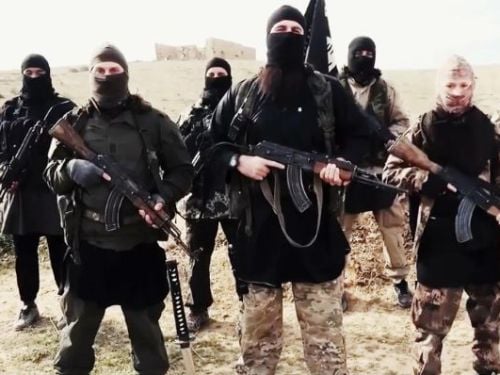
The Istanbul terror attack, which has already claimed more than 40 lives, was neither the first and, unfortunately, is unlikely to be the last. It is, however, an important indication of a change in narrative and strategy, for both the Government of Turkey, and the Islamic State terror group which presumably carried out the attack. The Islamic State is also believed to have been behind last year’s bombings in the southern city of Suruç in July and the capital city of Ankara in October. This year also there have been two suicide bombings in Istanbul, first in January and then in March.
However, Tuesday’s attack was different because of its scale and optics. Apart from the still-rising death toll, the fact that the terrorists chose Ataturk international airport shows that they upping their game. Ataturk is Turkey’s most important airport and a major regional transit hub. Sixty million passengers passed through it in 2015, and the airport is home to Turkish Airlines, Turkey’s only global brand. An attack at Ataturk, that too during the holy month of Ramzan, directly threatens Turkey’s large tourism industry as well as its reputation as a safe business destination in West Asia.
This brings us to the next question: Why is the Islamic State attacking Turkey which has almost actively supported the terror group by serving as its ‘terror corridor’ to Syria for thousands of foreign fighters, not to mention the illicit oil trade that enriched the Islamic State? The answer lies in the summer of 2015 when President Recep Tayyip Erdogan’s Government was compelled to act against the group. In July 2015, it allowed the United States to use the Incirlik Air Base to strike Islamic State targets in Syria and Iraq. The group retaliated with an ominous depiction of Erdogan with the US President in its propaganda sheet and the Suruç attack, which was followed by the Ankara bombing.
Turkey then turned up the heat, accelerating its fledgling offensive against the Islamic State and deepening its counter-terror collaborations with the US. The situation worsened in January this year when the Islamic State began shelling the border town of Kilis, and the Turkish Army retaliated with full force. Earlier this month, Turkey, for the first time, gave three Islamic State terrorists 10 life sentences for the March 2014 terror attack. Currently, Turkey is also supporting a Syrian group to oust the Islamic State from Manbij town in northern Syria, which in turn will make the Islamic State’s headquarters in Raqqa easily accessible.
The Islamic State has already lost vast swathes of territory within Syria and Iraq, and is evidently desperate to stay relevant. The easiest way to do so is to have its foreign fighters, many of them from Europe, carry out high profile suicide missions in their home countries, such as the ones we have seen in France and Belgium. Or better still, encourage aspiringjihadis like the San Bernardino couple or the Orlando shooter to carry out attacks in the name of the Islamic State.
Source : Daily Pioneer




